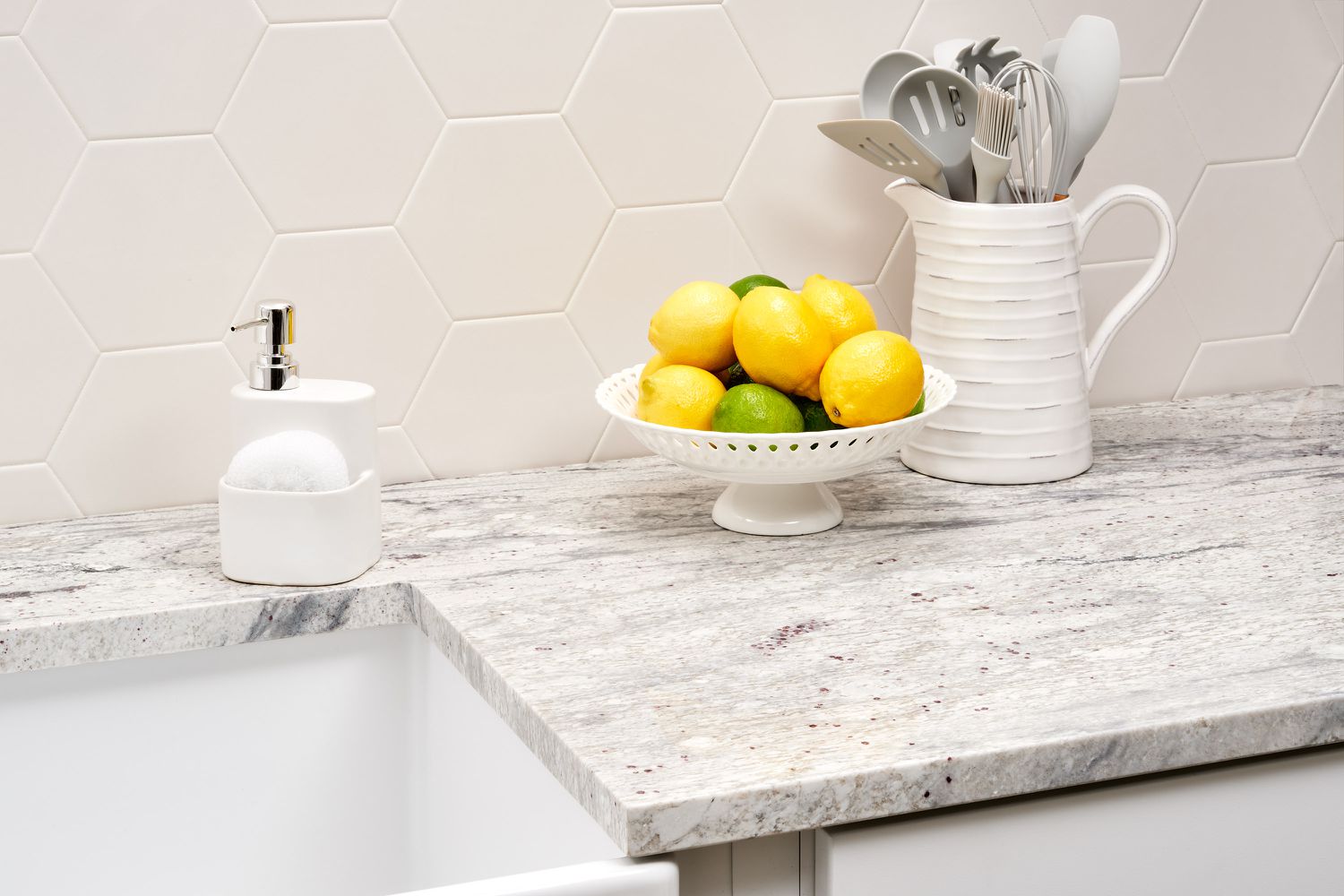
April 22, 2023
Pros and Cons of Natural Stone Countertops
Natural stone countertops have been a popular choice for homeowners for many years due to their beauty, durability, and functionality. However, they do have their pros and cons that should be taken into consideration before making a decision to install them in your home.
Pros of Natural Stone Countertops:
Beauty: Natural stone countertops are known for their beauty and unique patterns, which can add a touch of elegance and sophistication to any kitchen or bathroom. The various types of natural stone, such as granite, marble, and quartzite, offer a range of colors and patterns to choose from. Granite countertops, for example, come in a variety of colors, from dark blacks and greens to light pinks and whites. Each piece of granite is unique, which means that no two countertops are the same.
Durability: Natural stone countertops are extremely durable and can last for decades when properly maintained. They are resistant to heat, scratches, and stains, making them a great choice for high-traffic areas in the home. Granite, for example, is one of the hardest natural stones and is virtually impossible to scratch or chip. Marble is softer than granite, but it is still durable enough to withstand daily wear and tear.
Increased Home Value: Natural stone countertops can add value to a home due to their beauty, durability, and desirability. They are a popular choice among homebuyers, which can make a home more attractive on the market. In fact, many real estate agents recommend installing natural stone countertops as a way to increase the resale value of a home.
Easy Maintenance: Natural stone countertops are easy to clean and maintain. They require simple daily cleaning with a mild soap and water solution and periodic sealing to keep them looking new. Most natural stones are resistant to bacteria and other pathogens, which means that they are a hygienic choice for kitchens and bathrooms.
Resistant to Bacteria: Natural stone is naturally resistant to bacteria, which makes it a great choice for kitchen and bathroom countertops where hygiene is important. Granite and quartz, for example, are non-porous and do not absorb liquids, which means that they are less likely to harbor bacteria and other harmful pathogens.
Versatile: Natural stone countertops are versatile and can be used in a variety of applications, including kitchens, bathrooms, and outdoor spaces. They can also be customized to fit any design style or color scheme.
Cons of Natural Stone Countertops:
Expensive: Natural stone countertops can be expensive, with prices varying depending on the type of stone, quality, and location. The cost can be a significant investment, which may not be feasible for everyone. Granite, for example, can cost anywhere from $40 to $100 per square foot, while marble can cost upwards of $200 per square foot.
Requires Sealing: Natural stone countertops require periodic sealing to prevent stains and other damage. This can be an added cost and inconvenience for some homeowners. Sealing is typically required every 1-2 years, depending on the type of stone and the amount of use the countertop receives.
Prone to Scratching: While natural stone is durable, it is not scratch-proof. Some types of natural stone, such as marble, are more prone to scratching than others, which can detract from their beauty over time. Scratches can be repaired, but the process can be expensive and time-consuming.
Limited Availability: Natural stone countertops may not be available in all areas, which can limit options for homeowners. Some types of natural stone are also more difficult to find, which can drive up the cost. For example, certain types of marble are only found in specific parts of the world, which makes them more expensive to import.
← Back to our Blog
